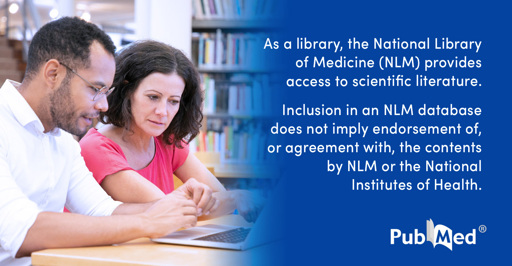Mol Nutr Food Res. 2025 Sep 28:e70278. doi: 10.1002/mnfr.70278. Online ahead of print.
ABSTRACT
Excessive carbohydrate intake is a well-established driver of metabolic dysfunction, but its specific role in perturbing hepatic endoplasmic reticulum (ER) homeostasis is not well defined. This study aimed to investigate how dietary carbohydrate levels and the microbial metabolite trimethylamine N-oxide (TMAO) influence hepatic ER stress. In vivo, normal C57BL/6J mice were fed a high-carbohydrate diet (HCD), whereas streptozotocin-induced diabetic mice received a carbohydrate-free ketogenic diet (NCD). In parallel, HepG2 and Huh7 cells were exposed to elevated glucose concentrations and/or TMAO in vitro. HCD feeding impaired glucose tolerance, promoted hepatic lipid accumulation, increased hepatic TMAO content, and elevated markers of FMO3 expression and ER stress (GRP78, p-IRE1). These alterations were reversed by NCD intervention in diabetic mice. In vitro, high glucose and TMAO each induced ER stress in a dose-dependent manner, with combined treatment further activating the IRE1-XBP1 branch and NLRP3 inflammasome signaling. TMAO also increased intracellular reactive oxygen species (ROS) and suppressed Nrf2-mediated antioxidant responses. These findings identify TMAO as a critical mediator linking hyperglycemia to hepatic ER stress and inflammation. Modulating dietary carbohydrate intake and targeting microbial TMAO synthesis may offer promising strategies for alleviating metabolic liver injury.
PMID:41017219 | DOI:10.1002/mnfr.70278
From ketogenic via this RSS feed


